Andrew Duchowski
Immersive Virtual Colonoscopy Viewer for Colorectal Diagnosis
Feb 06, 2023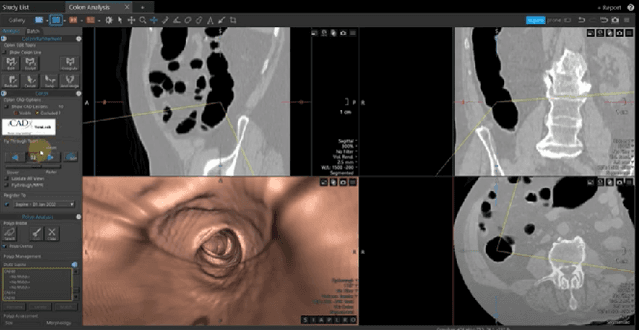
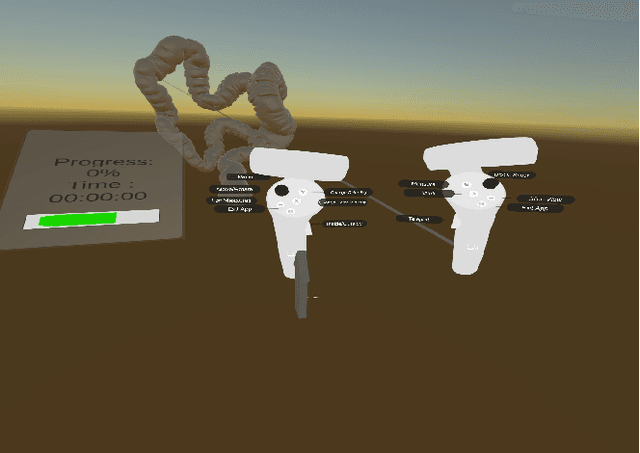
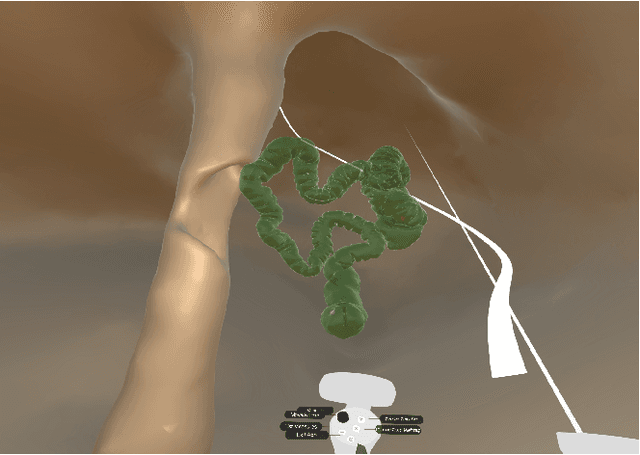
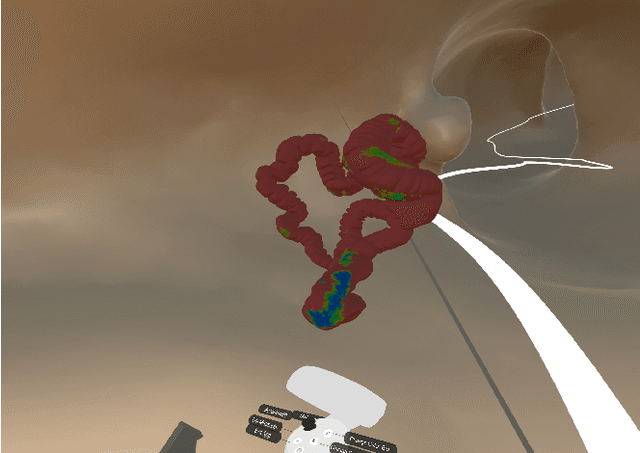
Abstract:Desktop-based virtual colonoscopy has been proven to be an asset in the identification of colon anomalies. The process is accurate, although time-consuming. The use of immersive interfaces for virtual colonoscopy is incipient and not yet understood. In this work, we present a new design exploring elements of the VR paradigm to make the immersive analysis more efficient while still effective. We also plan the conduction of experiments with experts to assess the multi-factor influences of coverage, duration, and diagnostic accuracy.
Differential Privacy for Eye-Tracking Data
Apr 15, 2019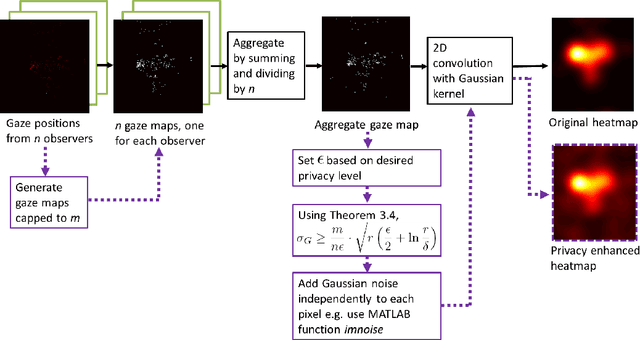


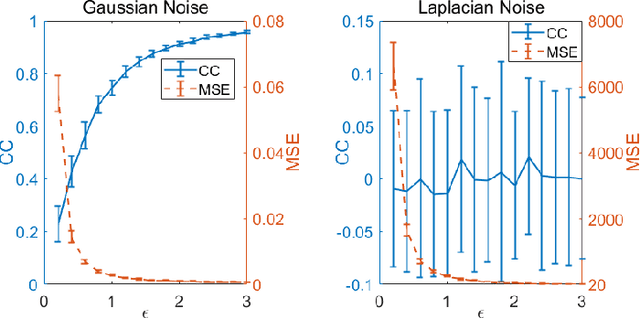
Abstract:As large eye-tracking datasets are created, data privacy is a pressing concern for the eye-tracking community. De-identifying data does not guarantee privacy because multiple datasets can be linked for inferences. A common belief is that aggregating individuals' data into composite representations such as heatmaps protects the individual. However, we analytically examine the privacy of (noise-free) heatmaps and show that they do not guarantee privacy. We further propose two noise mechanisms that guarantee privacy and analyze their privacy-utility tradeoff. Analysis reveals that our Gaussian noise mechanism is an elegant solution to preserve privacy for heatmaps. Our results have implications for interdisciplinary research to create differentially private mechanisms for eye tracking.
 Add to Chrome
Add to Chrome Add to Firefox
Add to Firefox Add to Edge
Add to Edge